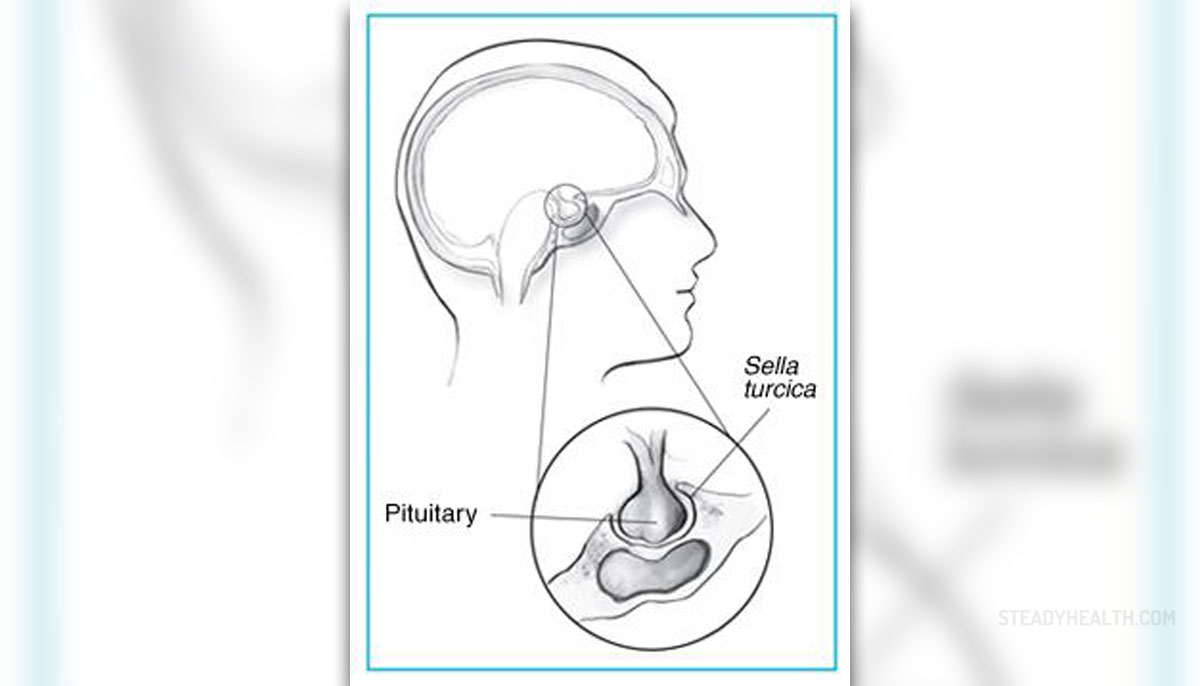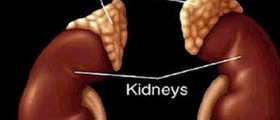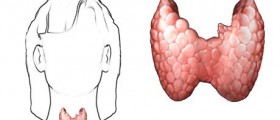
The pituitary gland is one of the most important glands in the human body since it is in charge of production of many different hormones via which this gland controls other glands, organs and organ systems. As it is the case with any other organ in the body, even the pituitary gland can be affected by tumors. Still, these can vary a lot, originate from different cells and also act differently. Most tumors of the pituitary gland are benign. However, even if they are classified as benign, such growths may act like malignant tumors causing serious health issues.
Function of the Pituitary Gland
Growth hormone (GH), adrenocorticotropin (ACTH), thyroid-stimulating hormone (TSH), antidiuretic hormone (ADH), luteinizing hormone (LH), follicle-stimulating hormone (FSH) and prolactin (PRL) are all hormones this powerful gland synthesizes. Beta-endorphin and melanocyte-stimulating hormones are also produced by the gland.
Growth hormone is an essential hormone for proper growth and development. It plays significant role during childhood while in adults the hormone preserves a healthy body composition, muscle and bone mass. It also regulates distribution of fat tissue.
Adrenocorticotropin is a powerful stimulator of the adrenal glands. If there is sufficient amount of adrenocorticotropin, the adrenal glands produce cortisol, a 'stress hormone' in charge of maintaining optimal levels of blood pressure and glucose levels.
Thyroid-stimulating hormone regulates the function of the thyroid gland, allowing the body to be supplied with adequate amount of thyroid hormones. Indirectly the hormone regulates metabolism.
Antidiuretic hormone is important for balance of water in our body. Lack of antidiuretic hormone leads to diabetes insipidus, a condition different from diabetes mellitus, characterized by excessive thirst and abnormally increased urination which may be detrimental for the entire body. So, antidiuretic hormone achieves its effects through kidneys.
Luteinizing hormone is together with follicle stimulating hormone vital for regulation of both male and female hormones. They indirectly influence production of sperm in men and the process of ovulation in women and preserve function of the reproductive organs of both genders.
Prolactin is a hormone necessary for lactation. Namely, it stimulates production of milk allowing mothers to breastfeed their babies. The hormone additionally plays a role in control of sex hormones released by the ovaries and testicles.
Finally, melanocyte-stimulating hormones stimulate melanocytes to release a pigment melanin. These cells are found in the skin, its appendages and mucous membranes. Melanocytes are also a part of the uvea, the inner ear, meninges, bone and heart. Melanocyte - stimulating hormone participate in regulation of appetite and sexual arousal as well.
Pituitary Gland Tumor may not be a Cancer
As it has already been mentioned some pituitary gland tumors are benign and some are malignant. The majority of pituitary hormones are benign.
Furthermore, since there are many different cells that participate in production of various hormones it is clear that the tumor may stem from cells in charge of different functions.
Pituitary tumors cause different health issues all of which are classified into three groups. The first group is associated with hypersecretion of certain hormone, the second includes problems related to hyposecretion of pituitary hormones and finally, the third group of problems is closely connected with tumor mass effect i.e. the growth of the very tumor.
Secretory tumors are to blame for hormone imbalances of different kind. The symptoms and signs depend on the hormone the tumor produces. For instance, prolactinoma is characterized by excessive production of prolactin. The tumor stimulates the breast tissue and triggers milk production in both men and women (women that are neither pregnant nor have recently given birth).
Non-secretory tumors affect the gland's ability to produce sufficient amount of all the necessary hormones. As a result, there is specific hormone deficiency that additionally leads to specific symptoms and signs depending on the missing hormone. Improper secretion of pituitary hormones is also a common side effect of surgery or radiation therapy, treatment modalities used in case of pituitary tumors.
As far as tumor mass effect is concerned, it plays significant role in a variety of symptoms/signs associated with compression or infiltration of certain structures in the brain and an increase in intracranial pressure. Headaches, vision problems, paralysis of one side of the face are some of potential problems that develop due to tumor mass effect of pituitary tumors.
Diagnosis is confirmed with the assistance of physical and neurological exam, blood tests (checking the level of different hormones) and imaging methods such as CT scan or MRI of the brain. Treatment comprises surgery, radiation therapy or the combination of the two. Many patients will also need to take hormones they lack for the rest of their lives.
Fortunately, the majority of patients are successfully treated and they face no complications or permanent sequelae. Regular check-ups are a must. Even after successful treatment patients are monitored for certain period of time. Their hormone levels are evaluated on a regular basis and they also undergo further scans. If disease recurrence is confirmed, they require additional treatment.

















Your thoughts on this
Loading...